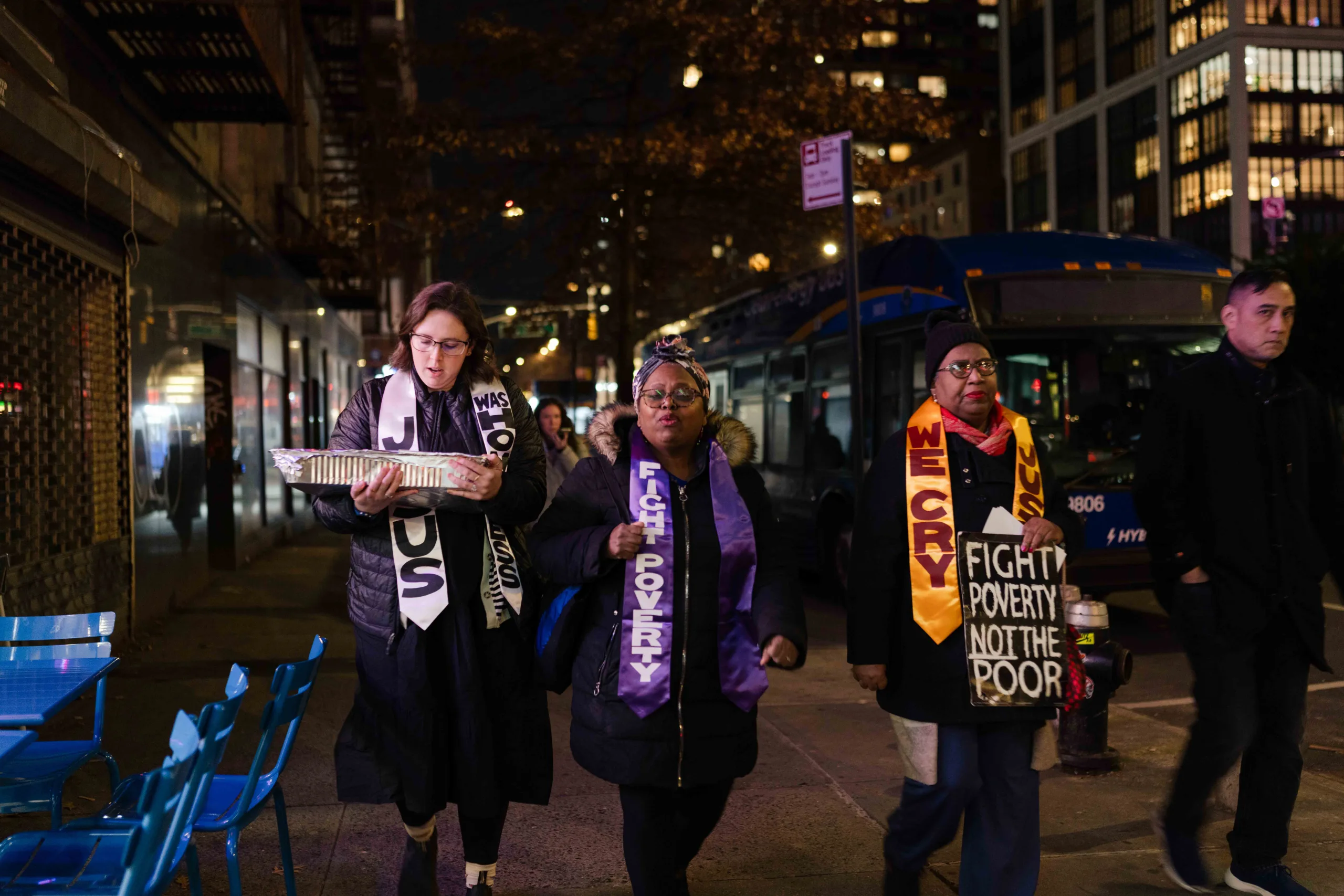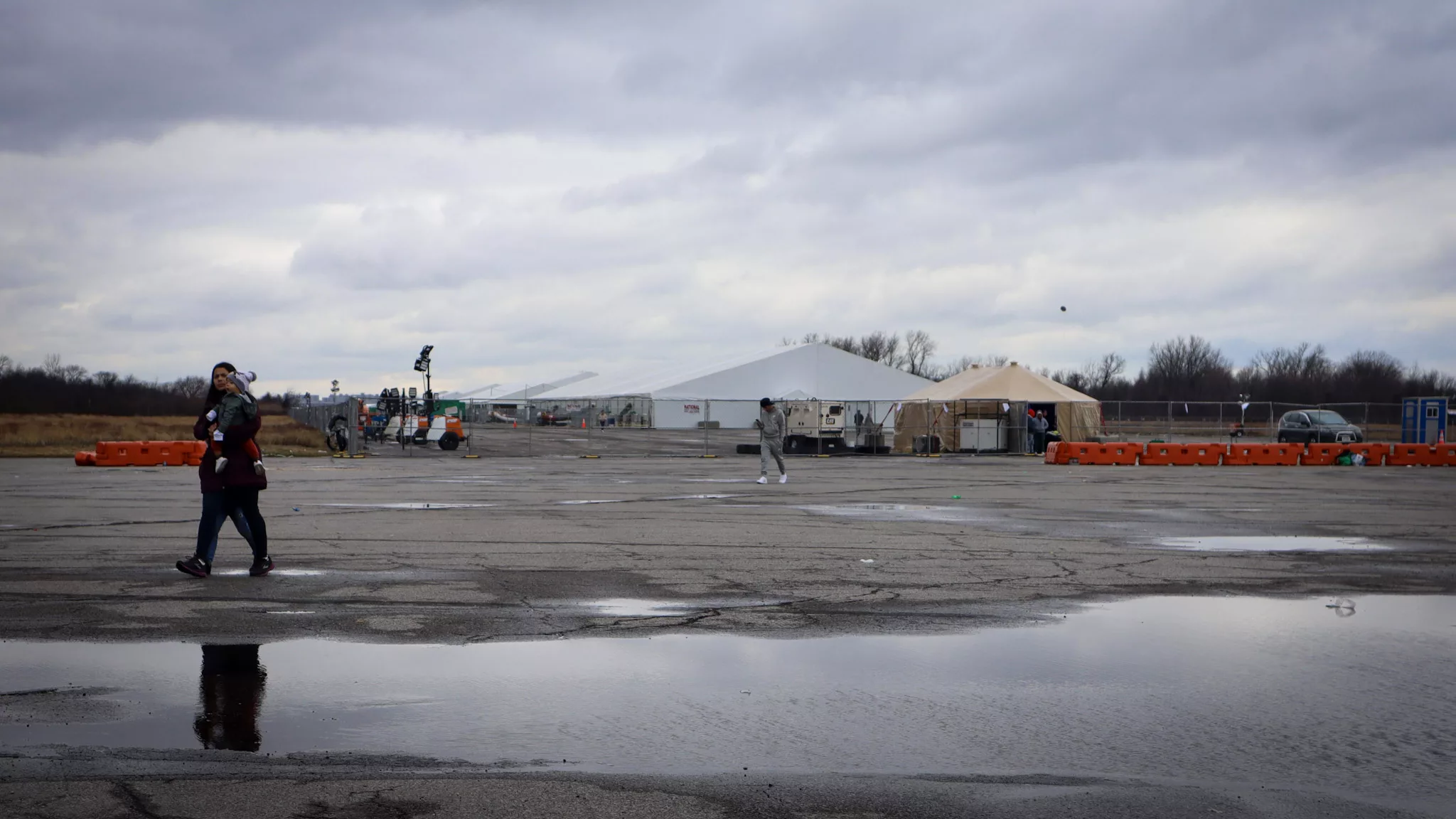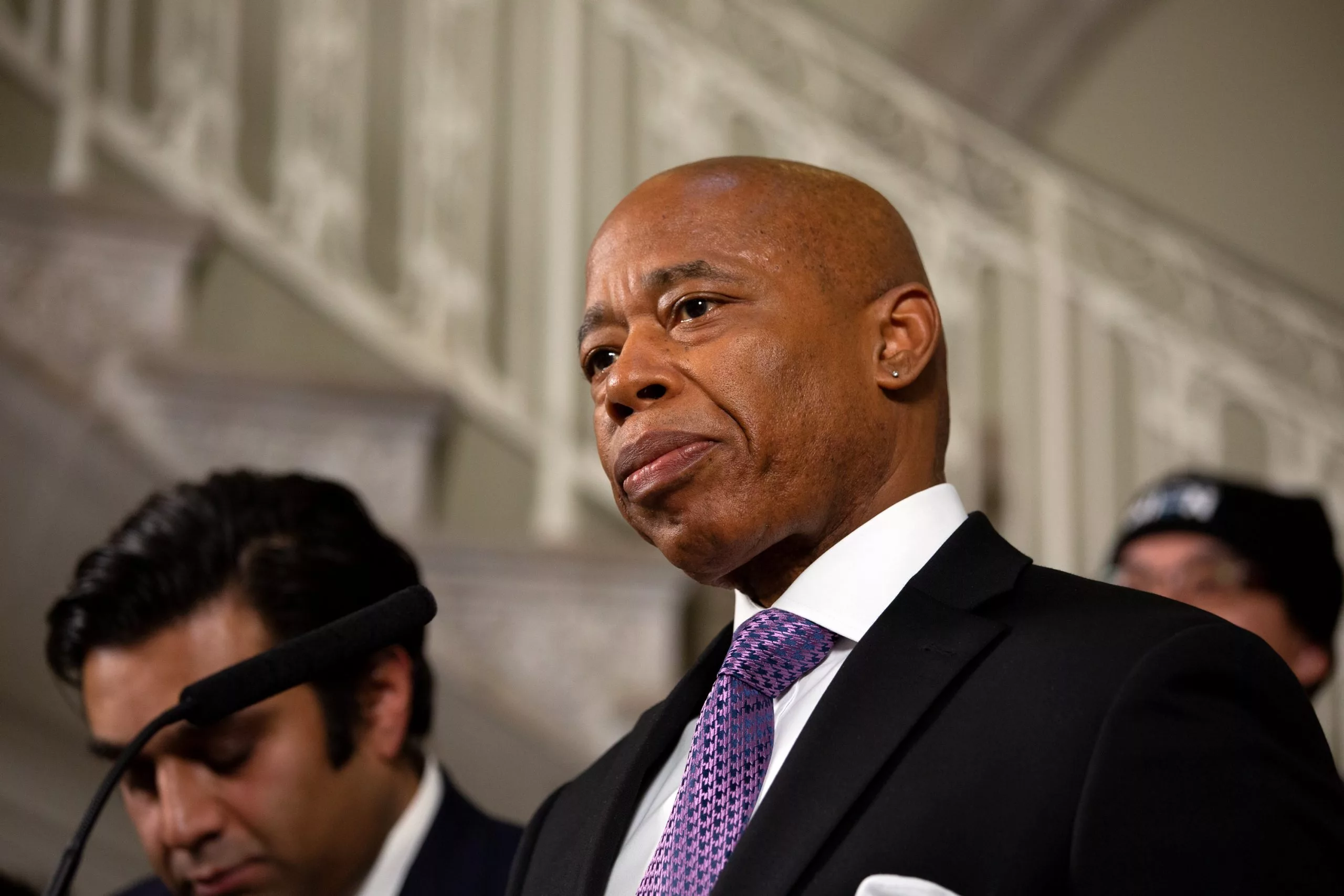This summary was featured in Documented’s Early Arrival newsletter. You can subscribe to receive it in your inbox three times per week here.
A new California law that increased minimum wage and mandated overtime payment for farmworkers is causing some employers to reduce their employees’ hours. They aim to save money they would otherwise have to pay their workers for overtime, and to economize on growing costs of labor. The law was intended to ensure fair compensation for farm workers who typically work an additional two to four hours during harvest season. But some employers claim farm work is dependent on weather and seasonal changes, so the new law is unfair to the flexible industry. The Fresno Bee
In other national immigration news…
California wants to let low-income undocumented immigrants qualify for health care
California Gov. Gavin Newsom’s budget proposal unveiled Monday plans to allow low-income residents of California to access the state’s healthcare program regardless of their immigration status. After years of gradually expanding Medi-Cal eligibility for people living in the country illegally by allowing older adults and children to join the program, the state is looking to spend $2.2 billion a year to close a final gap in eligibility. It will remove even more barriers to access to safety net programs for undocumented immigrants if the legislature approves it and it’s included in Gov. Newsom’s final budget in June. The proposal would then go into effect in January 2024. Los Angeles Times
Families reunited after border separation are threatened for money back home
Families reunited with their children after being separated at the border during the Trump administration say their families back home are being threatened for money. In October last year, the U.S Justice Department had discussed compensating families who were separated at the border. Now, those families have faced demands of as much as $5,000 per month from criminals, fueled by the mistaken belief that families were given millions. Extortion in Central America is a major reason some families fled to the United States in the first place. As a result of the threats, attorneys for these families have asked U.S. officials to consider allowing their relatives to enter the U.S. Associated Press
Afghan Baby Lost in Hasty Airlift Evacuation Found and Returned to Family
An Afghan baby who was handed to a uniformed soldier over an airport wall during the evacuation of Afghanistans in August has been found and returned to his family in Kabul. They now aim to reunite the infant with his parents and siblings who were evacuated months ago to the U.S. The boy’s father worked with the U.S embassy as a security guard, and his wife was scared the boy could get crushed in the turmoil as they moved closer to the airport gates. The absence of a U.S embassy in Afghanistan and overburdened international organizations have made it difficult for Afghan refugees to get information on the timeline, or even the possibility, of complicated reunifications involving family members left behind in the country. Reuters.
Concerns Grow Over Denied Protection for U.S. Allies in Afghanistan
Many Afghans who were unable to flee during the rushed Afghanistan evacuation last year have been denied protection in the U.S. Some allies’ cases have stalled, despite promises by Homeland Security Secretary Alejandro Mayorkas and Secretary of State Antony Blinken to help. Many of those who succeeded in arriving in the U.S have had their requests for protection, usually in the form of humanitarian parole, processed, and are being resettled. Meanwhile those who still remain in Afghanistan are facing more challenges in receiving parole. Advocates want the Biden administration to ensure U.S. Customs and Immigration Services does not apply a strict parole standard to Afghans and instead creates a targeted parole program. Immigration Impact
















